Over the past three years, 17-year-old Sophia Salloum, a student at the American School in London, has collaborated with The Little Engineer center in Beirut, an initiative in STEM fields, to lead workshops on renewable energy in Lebanese schools. These workshops provide practical solutions to keep classrooms running during power outages, engaging both girls and boys in hands-on learning. Sophia’s approach focuses on sustainability and empowerment. She helped introduce the program to ten schools during her summer visits to Lebanon, where her father’s family lives.
In a recent workshop, students gathered around a solar energy device that was not functioning. Sophia noticed a student had missed a crucial step by connecting the solar panel directly to the inverter without a charge controller or battery. She explained the importance of the charge controller and battery for storing energy when the sun is absent. After fixing the setup, the battery provided stable power to charge a phone. The student then confidently explained the process to her classmates.
Lebanese schools face daily challenges with electricity, as most homes receive only about four hours of power from the national grid. On August 17, 2024, the country plunged into total darkness due to fuel shortages at the Electricité du Liban, causing a nationwide blackout. Families and schools rely on costly fuel-powered generators, which strain budgets and pollute the air.
Government tariffs on private generators rose in June 2025, pushing electricity prices above 35 US cents per kWh, among the highest in the Arab world. For schools, fuel bills can consume over half their budgets, forcing many to turn off generators and operate in darkness. This crisis has spurred a surge in rooftop solar panel installations, with installed solar capacity surpassing 1,000 MW by mid-2023.
Sophia began her collaboration with The Little Engineer in 2023 after years of participating in global robotics competitions through the FIRST program. She used her experience to help design a curriculum in Lebanon combining theory and hands-on building activities.
Rana Shmeitli, CEO of The Little Engineer, noted the enthusiasm during workshops for exchanging ideas and peer learning. The first workshop, themed “Rebuilding Beirut,” responded to the 2020 port explosion disaster by combining robotics and renewable energy. Subsequent workshops focused entirely on solar energy under the program title “If It Goes Dark? We Are Ready.” Students built small solar cars, installed charging systems, and practiced wiring circuits to keep lights and devices running during outages. Schools eagerly requested to join future workshops, and each participant took home a complete solar energy kit to replicate projects at their schools and share skills with peers. One teacher reported her students rebuilt and installed solar devices with another class weeks later, excited to teach others themselves.
Sophia emphasized designing solar devices with sustainability in mind, sourcing all components locally in Lebanon to allow easy replacement. She suggested practical modifications like adding switches and plug-and-play connectors so students could assemble systems without special tools.
Rana Shmeitli said these details made a difference: “Sophia thought not only about teaching but also about making solar devices practical for classrooms in our schools.”
For Sophia, that is the goal. “Solar tools are simple but help students take control of their learning. Amid the energy crisis, solar power is not a luxury. Even small solar devices can mean having light to study or a charged phone for safety.”
On a broader scale, the Ministry of Education and UNICEF have developed an energy needs plan for about 850 public schools, working to install solar systems and electrical upgrades to reduce fuel costs and ensure stable power during teaching hours. The Little Engineer initiative complements this institutional effort from the classroom level, using locally sourced devices and organizing workshops that simplify electrical circuits, making energy accessible and usable. These sessions help maintain learning continuity during current outages and build student confidence in using school solar systems as they come online. Together, national scale-up and classroom practice will turn investment into daily hours of light and learning.




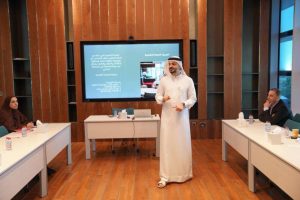


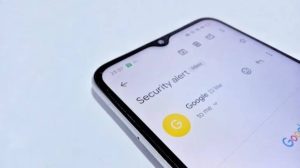
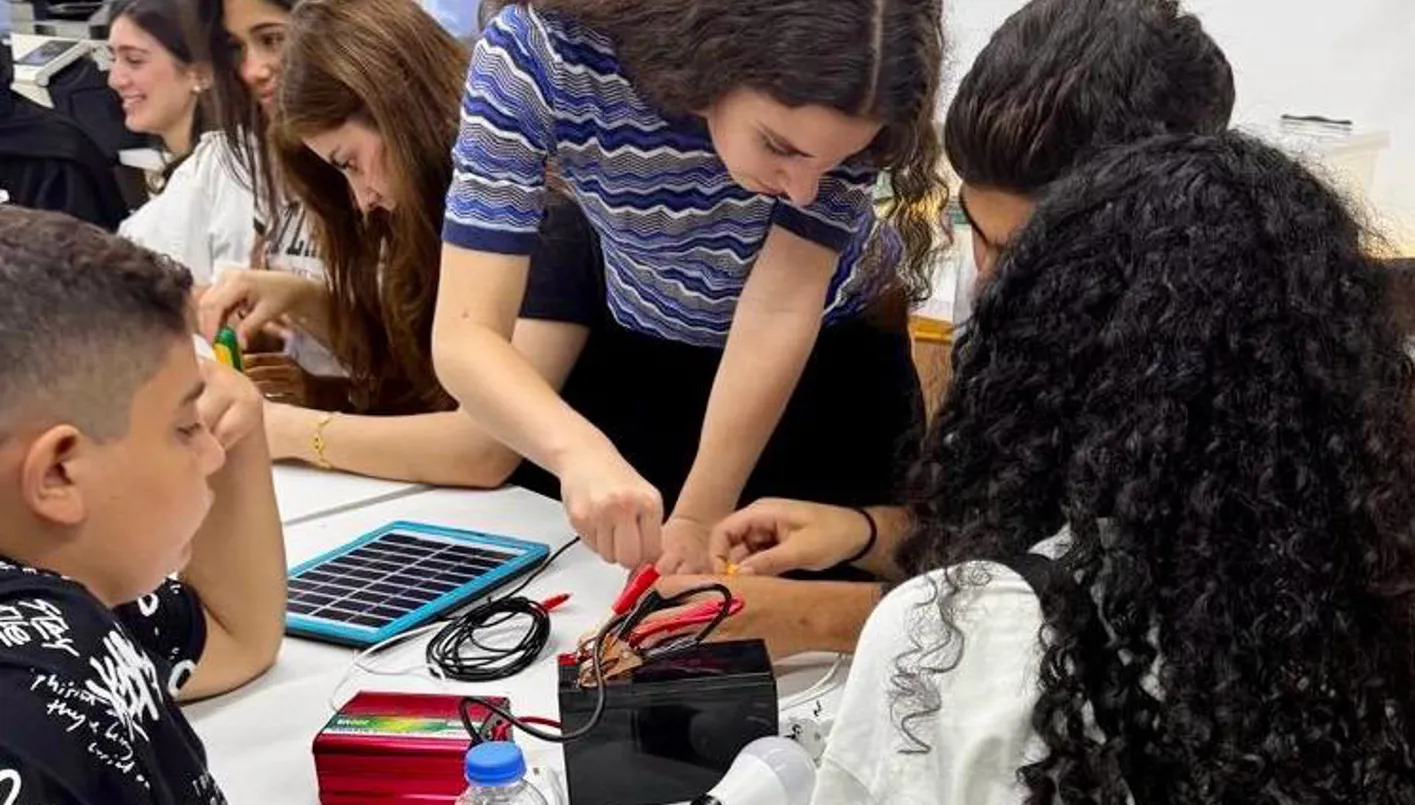
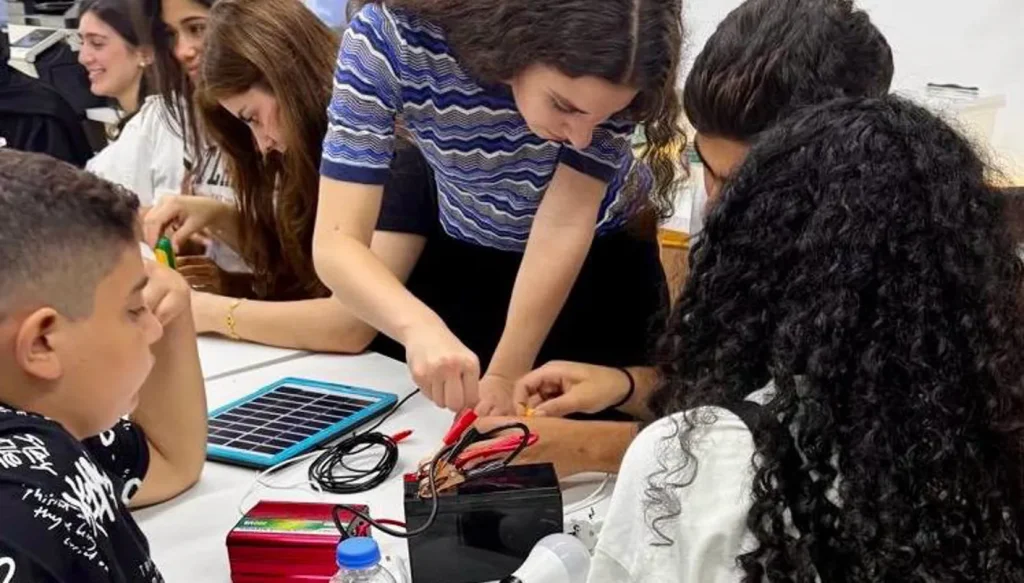
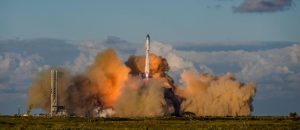

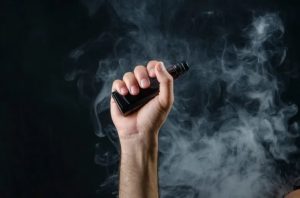

Recommended for you
Talib Al-Rifai Chronicles Kuwaiti Art Heritage in "Doukhi.. Tasaseem Al-Saba"
Exhibition City Completes About 80% of Preparations for the Damascus International Fair Launch
Unified Admission Applications Start Tuesday with 640 Students to be Accepted in Medicine
Egypt Post: We Have Over 10 Million Customers in Savings Accounts and Offer Daily, Monthly, and Annual Returns
His Highness Sheikh Isa bin Salman bin Hamad Al Khalifa Receives the United States Ambassador to the Kingdom of Bahrain
Al-Jaghbeer: The Industrial Sector Leads Economic Growth